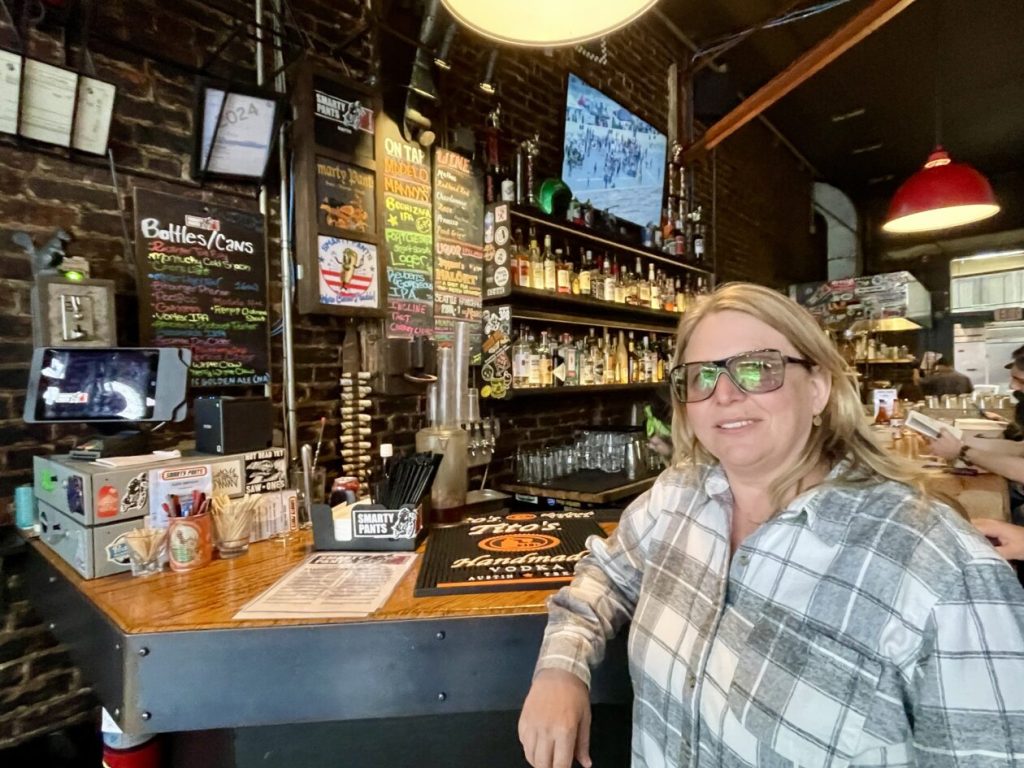Restaurant owners in Seattle have faced numerous challenges in the wake of the pandemic, such as inflation, supply chain issues, labor shortages, and the increased popularity of remote work. Alongside these challenges, delivery apps have presented another obstacle for restaurant owners, with some deciding to stop accepting orders from these platforms due to decreased demand, high commission fees, and lack of support from the tech companies. While some restaurant owners have opted to rely on their own online ordering systems for pick-up orders, others that rely more heavily on delivery have seen a significant decrease in revenue, making it difficult to afford wages and benefits for employees.
Fees charged by delivery platforms, such as Uber Eats and DoorDash, have also impacted the bottom line for restaurant owners, with some reporting a significant increase in marketing costs and commission fees. While Seattle has implemented legislation capping delivery platform commission fees at 15%, some companies can charge higher fees if restaurants purchase additional services, such as marketing. These high fees can drastically impact restaurant profits, particularly for small businesses with limited bargaining power in the marketplace. Despite efforts by some restaurants to explore other delivery options, such as hiring their own drivers, financial constraints make it challenging to operate independently of these platforms.
Delivery apps became a lifeline for many restaurants during the pandemic, providing a new revenue stream that helped them stay afloat during challenging times. However, the recent driver pay controversy, coupled with decreased demand and increased fees from delivery platforms, has further strained the relationship between restaurant owners and these tech companies. Some restaurant owners are pushing back against proposed legislation that would lower the minimum wage standard for drivers, arguing that it would harm the industry and lead to irreversible economic damage.
While some restaurant owners, like Damiana Merryweather of Bok a Bok, are exploring alternatives to reliance on external delivery apps, others are struggling to find solutions that are financially viable. Merryweather spoke out against the new legislation at a recent City Council meeting, urging policymakers to consider the broader impact on the restaurant industry and rein in corporate greed. Despite concerns from restaurant owners, the debate over driver pay and the impact on the restaurant industry continues, with some groups, such as the Seattle Latino Metropolitan Chamber of Commerce, planning to speak in support of the new legislation at an upcoming meeting.
Overall, the ongoing challenges faced by restaurant owners in Seattle highlight the complex relationship between delivery platforms, restaurant operations, and local legislation. While some restaurant owners have found ways to adapt to the changing landscape, others continue to struggle with decreased demand, high fees, and uncertain labor laws. The lack of representation for small business owners in these discussions has raised concerns about the ability of policymakers to fully understand and address the needs of the restaurant industry. As the debate over driver pay and delivery platform fees continues, restaurant owners are left grappling with the uncertainty of how these issues will impact their businesses in the long term.












